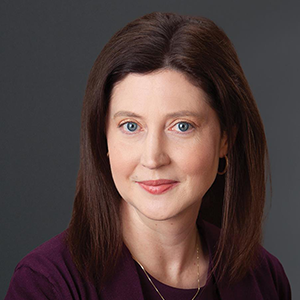Called to Service: From Sierra Leone to Falling in Love

For some people, “service” has a special meaning. That’s because they stepped up to offer their time and talents to organizations such as the Peace Corps abroad and AmeriCorps in the U.S. Such service involved setting aside their own agendas and careers and turning their lives over for the good of others for a year or two.
Each of these people joined for slightly different reasons, but all of them report that they were profoundly affected by the experience. What’s clear in talking with them is that the time spent in service to a greater good ended up changing the course of their lives as well.
Husband and wife Joel Shaul and Elaine Kramer of Ella Street met in 1981 when both were serving a two-year stint in the Peace Corps in Sierra Leone. With a recent degree in psychology, Shaul said he had always been drawn to the helping professions, but hadn’t figured out what he wanted to do with his life. “I didn’t have a job lined up and thought this was a good opportunity,” he said.
On the other hand, Kramer was looking for an adventure. Also recently out of college, she wanted to immerse herself in something completely different. “I was looking to challenge myself and be in a place and circumstances where I would have to use all my resources to try to achieve something and last for two years,” she reported.
Both Shaul and Kramer grew up in the Midwest and said that living in Sierra Leone was their first experience of being a minority. “We were the outsiders in West Africa,” Kramer stated.
Arriving in 1980, Shaul was assigned to a group learning to implement basic community health initiatives, like finding good drinking water and building latrines. He met Kramer when she arrived in 1981 and he helped train her group.
Although they were subsequently assigned to rural villages that were a day’s travel apart and only accessible by dirt roads, they managed to keep up their relationship. There were other hardships, too: each lived in a concrete house without electricity or running water. They were also vulnerable to diseases like malaria and other parasites, which are common in that area.
Kramer’s assignment was adult literacy—trying to persuade adults in the area, most of whom were subsistence farmers, to learn to read and write in the local language. She also helped villagers write and apply for a grant to build a bafa, an open-air structure with low walls that’s used as a market and gathering place.
How did all this affect them? Kramer reported that she learned patience during her stint in Sierra Leone. “People had really hard lives and what I wanted was not the most important thing in their lives,” she concluded. “It was a good thing for me to learn at that time in my life: patience, and understanding other people’s priorities.”
For his part Shaul said, “This was my first service job. It was my first exposure to the trial-and-error nature of helping other people, especially if you’re a foreigner.”
After they returned to the U.S. and married, Shaul earned a master’s degree in social work and they lived in several places before moving to Pittsburgh 18 years ago, where they raised two children. He began a career in mental health, largely working with autistic children at the Watson Institute. Recently retired, he is also the author of six children’s books. Kramer works for Pashek+MTR, the landscape architecture and community planning firm that is working on Mt. Lebanon’s master plan.
They both credit the Peace Corps with having provided a solid foundation for their marriage. “It truly was the ‘toughest job you’ll ever love,’ as the ads said, but it was a really fun, interesting, and important part of our relationship,” reported Kramer. “We still speak the dialect in restaurants when we don’t want people to overhear us!”





